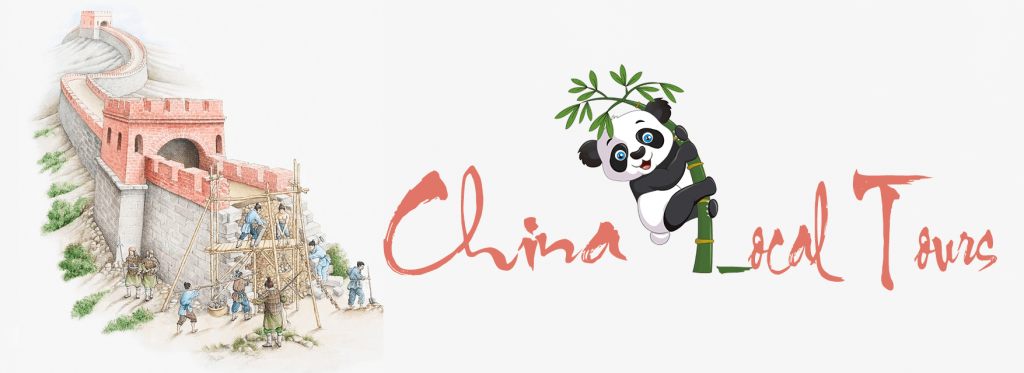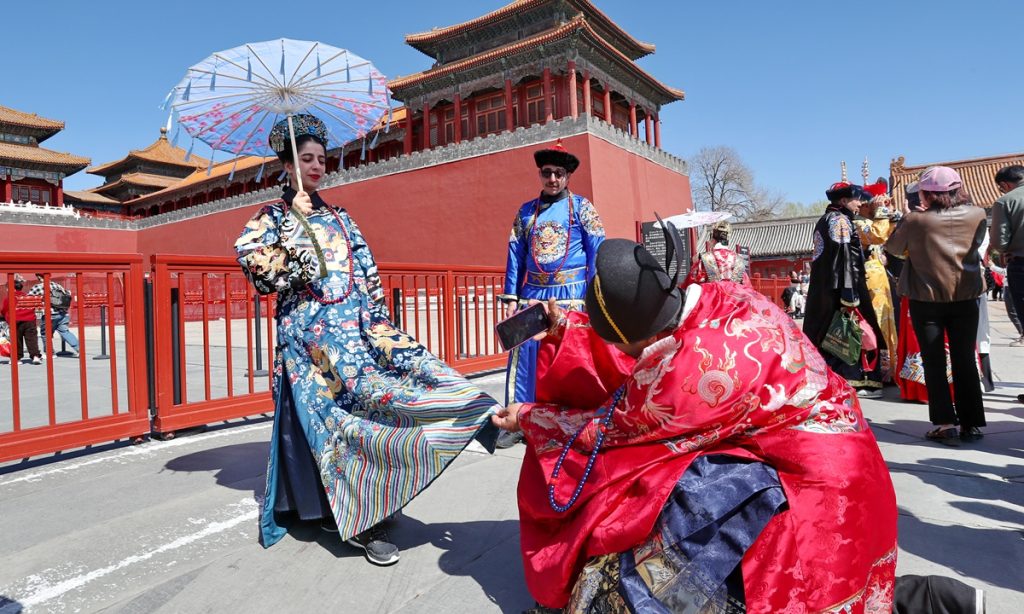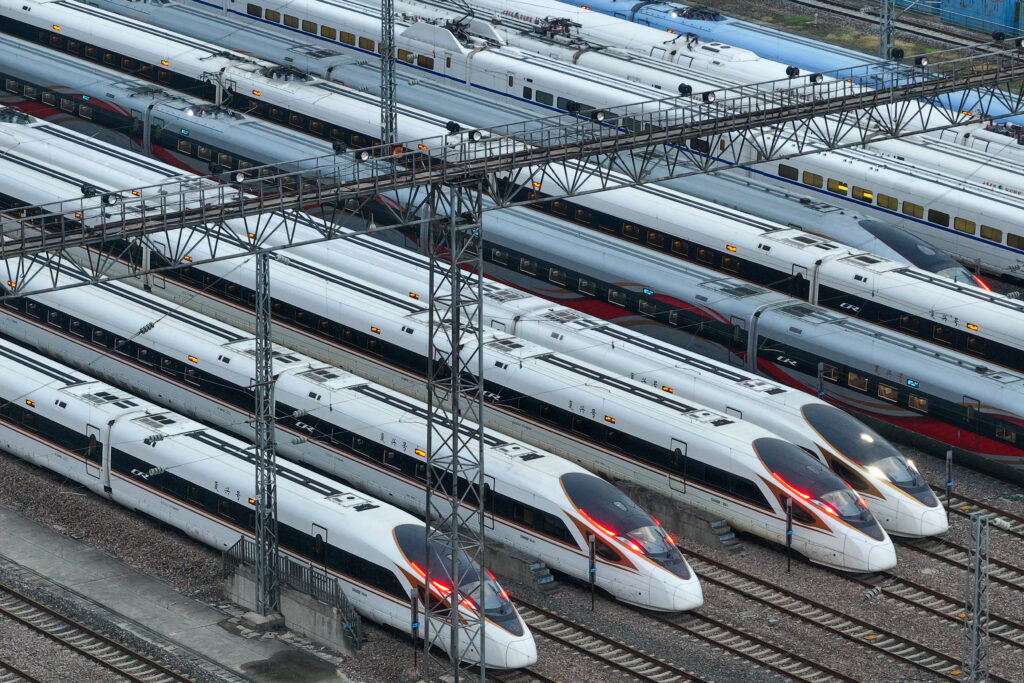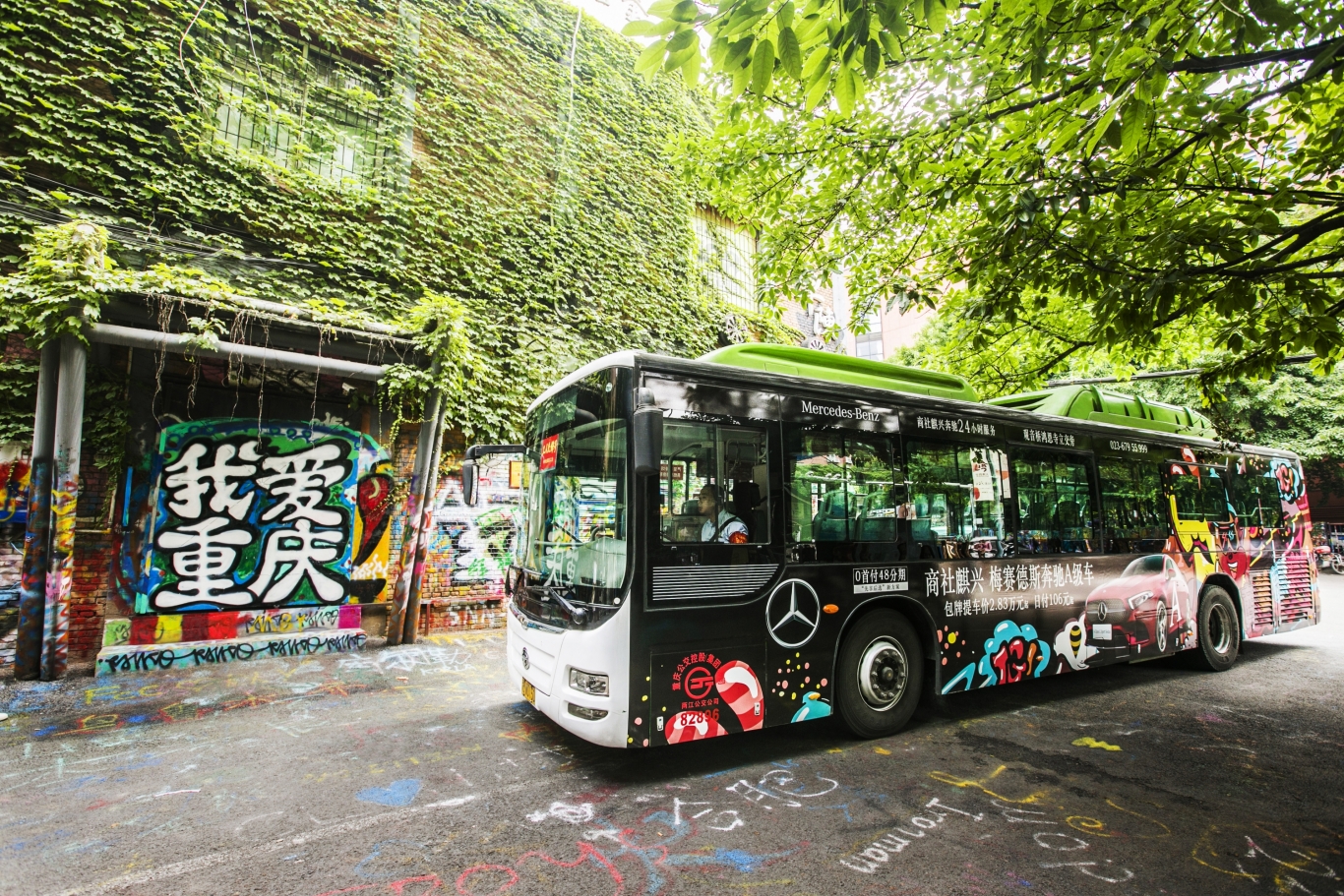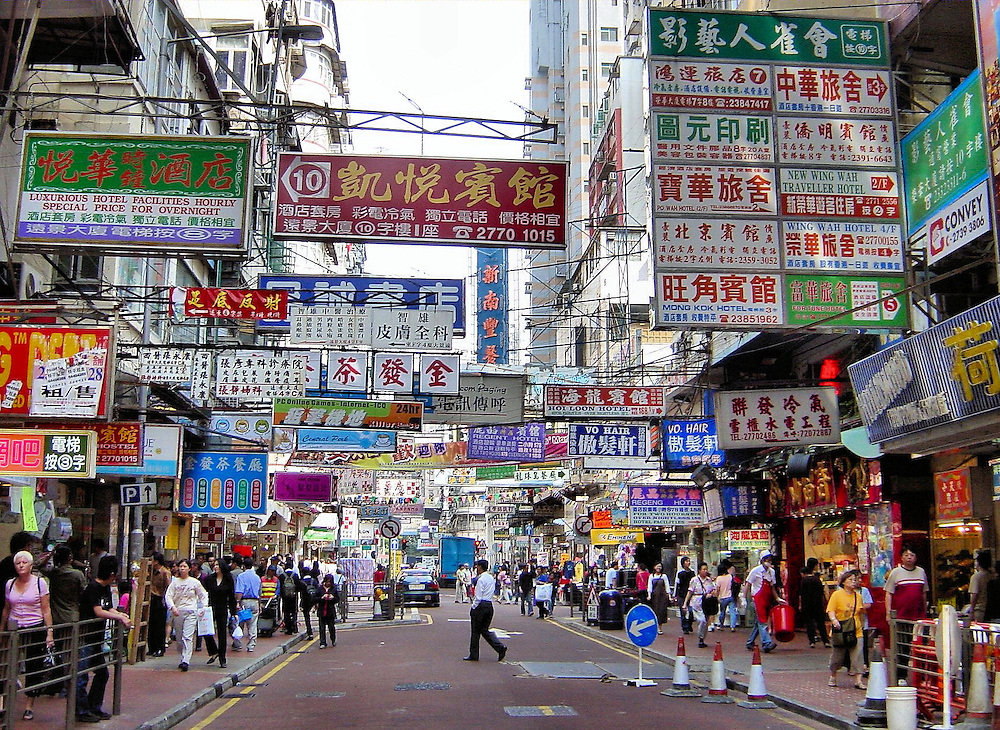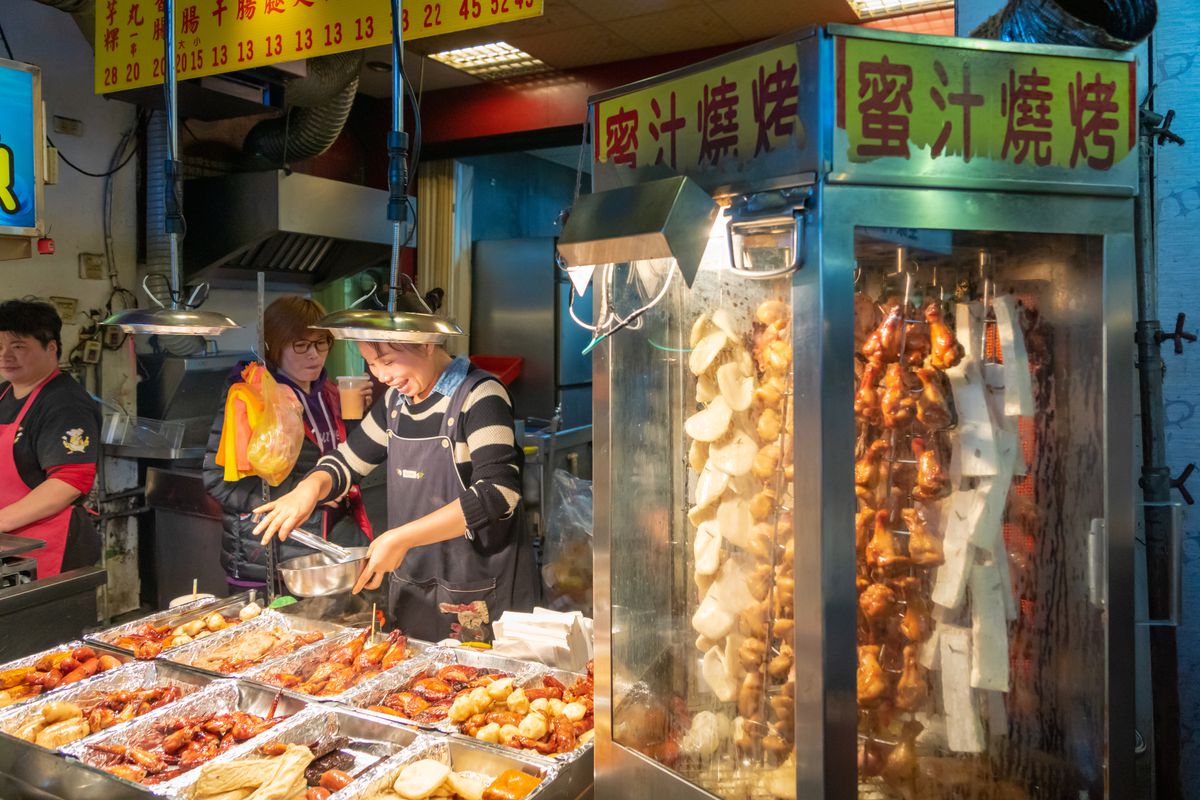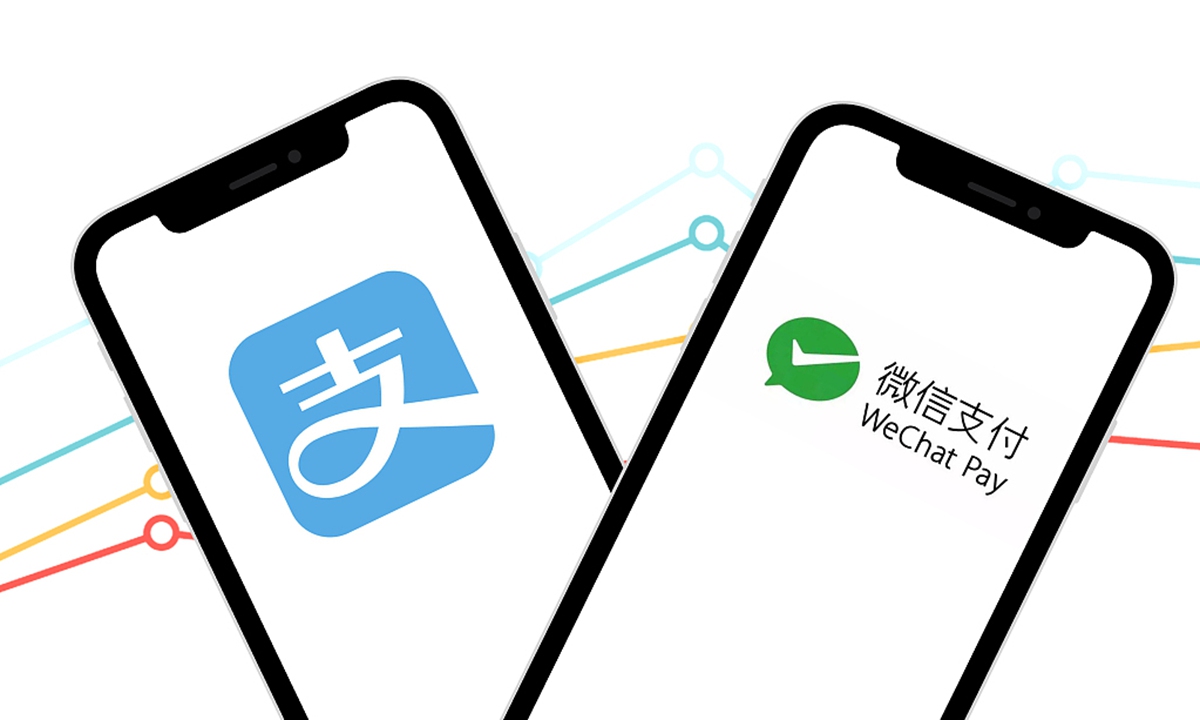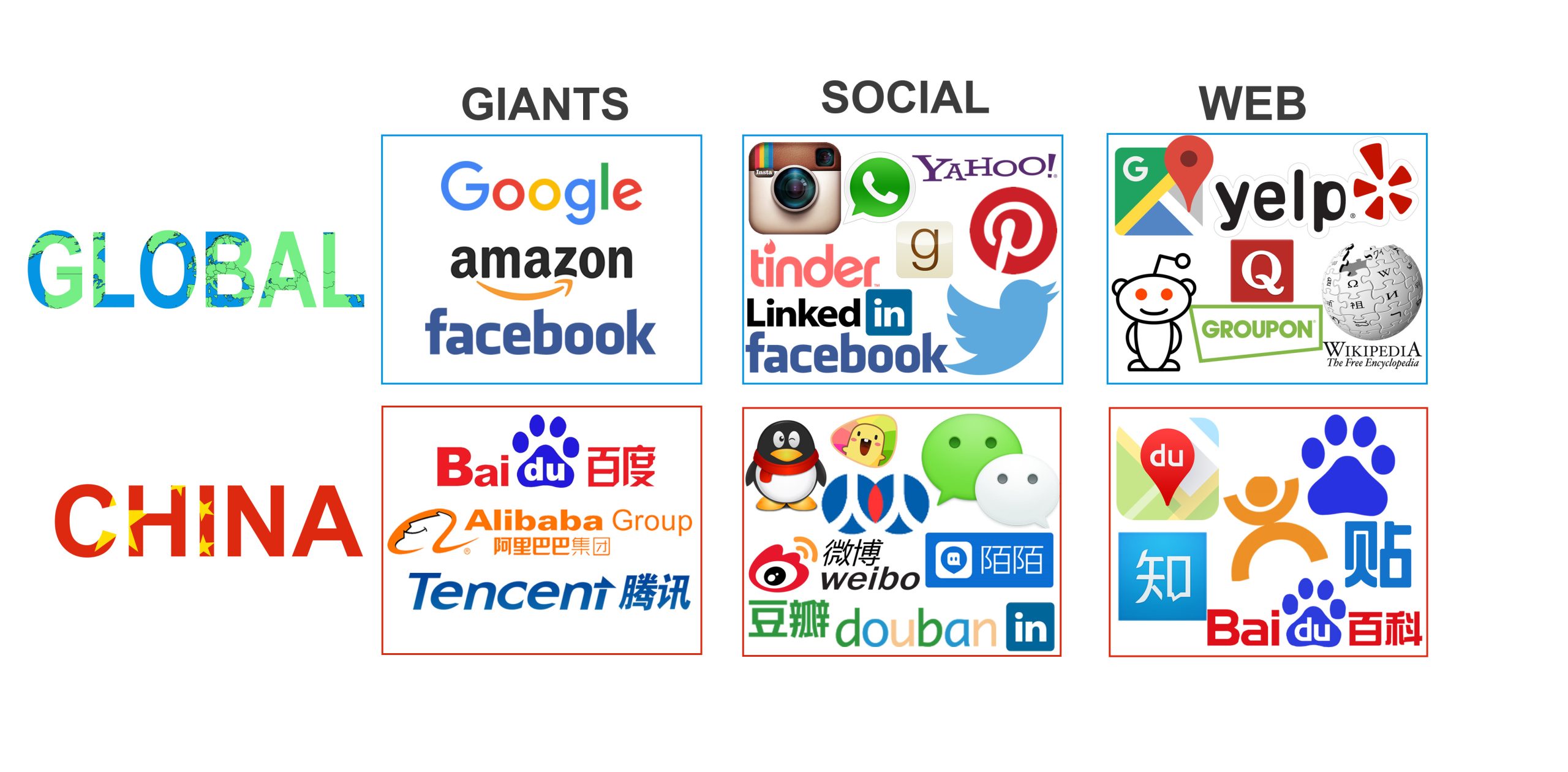Traveling in China can be a rewarding and unforgettable experience, but whether or not it’s "easy" depends on several factors, including your expectations, preparation, and familiarity with the country. As the world’s most populous country and one of the largest in terms of land area, China offers a vast range of experiences—from bustling cities to remote countryside, ancient landmarks to modern marvels. With such diversity, traveling in China can vary greatly depending on where you go and how you navigate the country. In this article, China Local Tours aims to answer the question of whether it’s easy to travel in China, covering aspects like transportation, language, culture, accommodation, food, and more.
Transportation: A Well-Developed Network with Challenges
One of the most significant factors affecting the ease of travel in China is the country's highly developed transportation network. China has one of the most extensive high-speed rail systems in the world, which makes getting around the country quick and relatively comfortable. High-speed trains connect major cities like Beijing, Shanghai, Guangzhou, Chengdu, and Xi'an, offering convenient access to both urban centers and scenic destinations. The trains are punctual, efficient, and affordable, but there can be a language barrier when booking tickets or navigating train stations.
Advantages:
- High-Speed Rail: As mentioned, China’s high-speed rail system is one of the best in the world, allowing you to travel long distances in a matter of hours. Trains are clean, comfortable, and modern, and you can book tickets online or through apps (with some requiring registration and language understanding).
- Air Travel: China has a network of domestic flights that are generally affordable and well-connected, particularly to major cities. Flights between cities like Beijing, Shanghai, Guangzhou, and others are frequent, with multiple carriers offering competitive pricing.
- Public Transit in Cities: Cities like Beijing, Shanghai, and Guangzhou have excellent metro systems that are fast, affordable, and reliable. Buses and taxis are also readily available.
Challenges:
- Language Barrier: While transportation infrastructure is highly developed, many transportation hubs (especially in smaller cities) may not have signs or information in English. Some train stations, especially in rural areas, may lack English-speaking staff, and booking tickets may be difficult for non-Chinese speakers.
- Crowds: In major cities and during peak travel seasons (such as Chinese New Year), transportation can be overcrowded, particularly trains and airports. This can make traveling less comfortable and stressful, especially if you're not familiar with the system.
- Long Distances: China's size means that traveling between distant cities can take a significant amount of time, even by high-speed rail. For example, traveling from Beijing to the southwestern city of Chengdu can take around 12 hours by train.
Language Barrier: An Obstacle for Many Travelers
The language barrier in China is one of the most common challenges faced by foreign travelers. While English is taught in schools, it is not widely spoken in many parts of China, particularly outside major cities. In places like Beijing, Shanghai, and Guangzhou, you will find more people who can communicate in English, but in rural areas, communication can be more difficult.
Advantages:
- Apps and Translators: With the advent of technology, there are now several translation apps (like Google Translate or Pleco) that can help you navigate situations where language is a barrier. Many apps can translate text from signs, menus, and even voice conversations in real time.
- Tourism Areas: In well-established tourist areas and cities, you’ll find many signs and information in both Chinese and English, especially in places that cater to international visitors.
Challenges:
- Limited English in Smaller Areas: In more remote areas or smaller cities, you may encounter language barriers in restaurants, hotels, and stores. It’s important to learn some basic Mandarin phrases (or have a translation app ready) to make interactions smoother.
- Written Chinese: While transliterations (Pinyin) may help you with pronunciation, reading Chinese characters can be a challenge, as they are vastly different from the Roman alphabet. If you don’t speak or read Chinese, even simple tasks like ordering food or finding a hotel can be difficult.
Accommodation: A Wide Range of Options
Accommodation in China can be found in abundance, from luxury hotels to budget hostels, and traditional courtyard inns to boutique guesthouses. China is a major tourist destination, so travelers will find a wide range of options suited to all budgets. However, the quality of accommodation can vary depending on where you go.
Advantages:
- Wide Variety of Accommodations: Large cities offer everything from five-star hotels to affordable, clean budget hotels. In rural areas, unique stays like guesthouses or traditional Chinese inns provide a more authentic experience.
- Online Booking Platforms: Booking sites like Agoda, Booking.com, and Chinese platforms like Ctrip and Meituan allow you to book hotels in advance, often at discounted rates.
Challenges:
- Quality Variations: While major cities offer international-standard hotels, some areas, especially remote locations, may lack the same level of quality. Booking accommodation in advance and checking reviews can help, but travelers may still encounter inconsistent standards, particularly in rural regions.
- Language Issues: Many hotel staff in smaller hotels and guesthouses may not speak English fluently. While larger hotels in cities may have English-speaking staff, it can be helpful to have key phrases prepared or use a translation app to avoid misunderstandings.
Food: A Culinary Paradise with Some Adaptations
China’s food culture is a major attraction for travelers. From dumplings to hotpot, street food to regional delicacies, the country offers an endless variety of cuisines to explore. Whether you are in a bustling city or a quiet village, food plays a central role in daily life, and the experience of trying different dishes can be one of the most rewarding aspects of your trip.
Advantages:
- Diverse Cuisine: Each region of China has its own unique culinary traditions. From the spicy dishes of Sichuan to the savory dumplings of Beijing, the culinary scene is incredibly diverse. Street food is also abundant in cities and rural areas, allowing you to taste the local flavors in their most authentic form.
- Food Accessibility: Street food stalls, restaurants, and markets are ubiquitous in most Chinese cities and even in smaller towns. Meals are relatively affordable, and there is a wide range of dining options to suit any budget.
Challenges:
- Spicy and Strong Flavors: Chinese food is often seasoned with bold flavors, which may be a challenge for those who are not accustomed to spicy or strong-tasting food. Some regions, like Sichuan, are known for their fiery dishes, which can be overwhelming for some travelers.
- Menu Differences: In smaller, local eateries, you may not find English menus. The menu could be written entirely in Chinese characters, making it difficult to know what you’re ordering. It can be helpful to use a translation app, point to pictures on a menu, or ask your waiter for recommendations.
- Food Hygiene Concerns: While most restaurants and eateries maintain high standards of hygiene, some street food vendors or smaller restaurants may not. It's important to take precautions when eating street food or trying unfamiliar dishes, such as ensuring that food is cooked thoroughly.
Cultural Etiquette: Embrace the Local Way of Life
Traveling in China requires an understanding of local customs and etiquette. The Chinese place a great emphasis on respect, hierarchy, and community, and certain actions may be considered rude if you’re unfamiliar with the customs.
Advantages:
- Warm Hospitality: While there may be cultural differences, Chinese people are generally warm and welcoming to foreigners. Many Chinese people are happy to help visitors and may go out of their way to ensure you have a pleasant experience.
- Respect for Traditions: If you take the time to learn about Chinese customs and behaviors, you’ll find that it enhances your travel experience and helps you connect better with locals. Simple gestures like greeting people politely or respecting their space can go a long way.
Challenges:
- Cultural Differences: Certain behaviors that are considered normal in Western countries may not be acceptable in China. For example, loud speaking or public displays of affection can attract unwanted attention, especially in more traditional areas.
- Different Concepts of Personal Space: In crowded cities, you may find that personal space is not always observed, and people may push or jostle to get through crowded areas. Patience is key when navigating crowded spaces.
China’s Use of Local Apps: Payment, Social Media, and More
In China, digital technology plays a crucial role in daily life, and the use of local apps for payment, social media, transportation, and even shopping has become widespread. Unlike many other countries, where international apps like Google, Facebook, and PayPal dominate, China has its own ecosystem of apps that are widely used and essential for navigating modern life in the country. If you're planning to travel in China, understanding how to use these apps can significantly enhance your experience and make traveling easier.
Mobile Payment: The Dominance of WeChat Pay and Alipay
One of the most striking aspects of traveling in China is the prevalence of mobile payment apps. Cash is not commonly used in many parts of the country, especially in urban areas, and mobile payment has largely replaced traditional card payments. The two major mobile payment platforms in China are WeChat Pay and Alipay. These apps allow users to make payments directly from their smartphones by scanning QR codes, and they are used for everything from paying for a taxi ride to purchasing street food or shopping at a supermarket.
- WeChat Pay: WeChat, a multifunctional app primarily used for messaging, social media, and information sharing, also integrates a mobile payment feature called WeChat Pay. WeChat Pay is incredibly popular in China and can be used in most stores, online services, and even for peer-to-peer transactions. It also allows users to transfer money to friends, pay bills, and more.
- Alipay: Operated by Ant Group, Alipay is another widely used mobile payment platform in China. Similar to WeChat Pay, it allows users to make payments by scanning QR codes and is used in both online and offline transactions. Alipay is particularly popular for shopping, bill payments, and booking services like hotels and flights.
Challenges of Mobile Payments for Foreigners:
- Setting Up Accounts: While setting up WeChat Pay or Alipay is easy for Chinese citizens, foreigners may find it more difficult. The apps require a Chinese bank account or a local phone number to activate full features. For tourists, some workarounds include linking the apps to international credit cards, but functionality may be limited in certain cases.
- Language Barriers: Though some apps like Alipay and WeChat Pay have English interfaces, many features, such as customer service or settings, might still be in Chinese. For travelers not familiar with the language, navigating these apps can be challenging without the use of a translation app.
Social Media and Communication Apps
In addition to mobile payments, social media and communication platforms in China operate differently from the rest of the world. The country’s "Great Firewall" restricts access to many international apps, so travelers will need to rely on Chinese alternatives for staying connected and navigating daily life.
- WeChat: WeChat is by far the most popular app in China, serving as a one-stop platform for messaging, social networking, and various services. In addition to text and voice messages, users can send money, pay bills, book tickets, and even make doctor’s appointments—all through WeChat. It is essential for staying in touch with friends, family, and even business contacts in China. As a traveler, you can use WeChat to communicate with locals, make payments, and book transportation or services.
- Weibo: Often referred to as China's equivalent of Twitter, Weibo is a microblogging platform where users can post updates, follow celebrities and influencers, and share news. While WeChat is more focused on private communication, Weibo is a great place to stay up to date with public information and events happening in China.
- Douyin: Douyin is the Chinese version of TikTok, which is hugely popular among younger generations. This short video platform allows users to create and share videos and engage in viral challenges. As a traveler, it’s an entertaining way to keep up with trends in China and gain insight into contemporary culture.
- Didi Chuxing: To get around, Didi Chuxing is the Chinese equivalent of Uber. It’s an app-based ride-hailing service that can be used to book taxis or private cars. It’s beneficial for travelers unfamiliar with local public transportation systems or those who need to travel long distances.
Challenges for Foreign Travelers:
- Restricted Apps: Due to the Great Firewall, popular international apps such as Facebook, WhatsApp, Instagram, and Google services are blocked in China. As a result, many travelers find it difficult to access their usual social media accounts or Google Maps while in the country.
- VPN Requirements: Many foreigners use VPNs (virtual private networks) to access restricted apps and websites. However, the Chinese government technically restricts VPN usage, and VPNs are not always reliable, especially with the country’s tightening regulations on digital privacy.
Conclusion
Is it easy to travel in China? It depends on your perspective, preparation, and willingness to embrace the experience. While there are certainly challenges—such as the language barrier, crowded transportation, and cultural differences—China’s well-developed infrastructure, rich culture, and varied landscapes offer a truly unforgettable travel experience. With some research and preparation, including learning basic phrases, using translation apps, and being mindful of local customs, traveling in China can be a rewarding adventure. Whether you’re exploring modern cities, ancient historical sites, or remote natural wonders, China’s diverse offerings make it an excellent destination for any traveler. Moreover, if you find it difficult to travel in China on your own, don’t worry China Local Tours can provide you with comprehensive China tours and take care of you thoroughly during your stay in this beautiful country.
